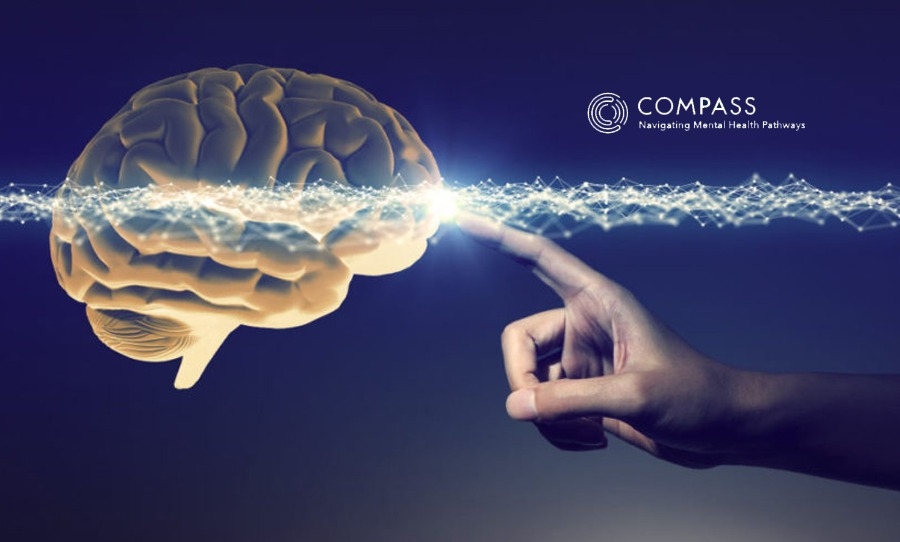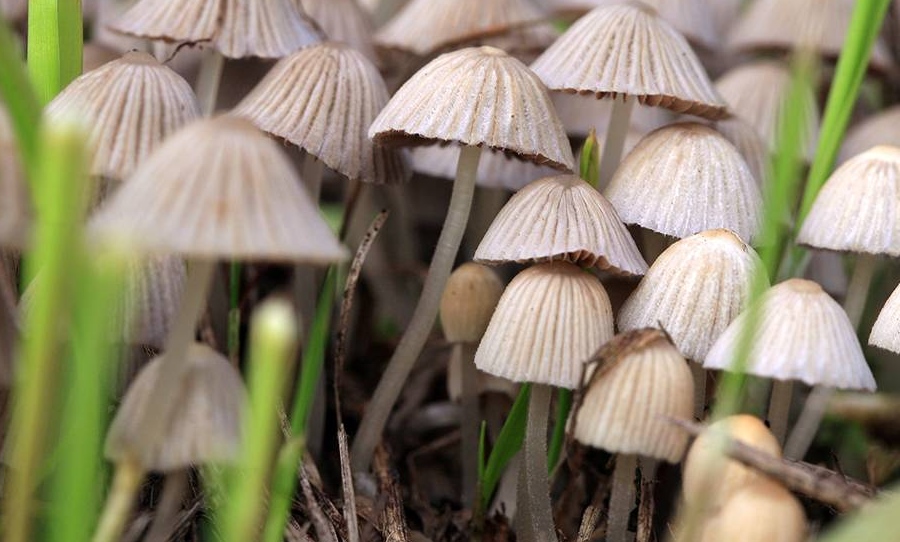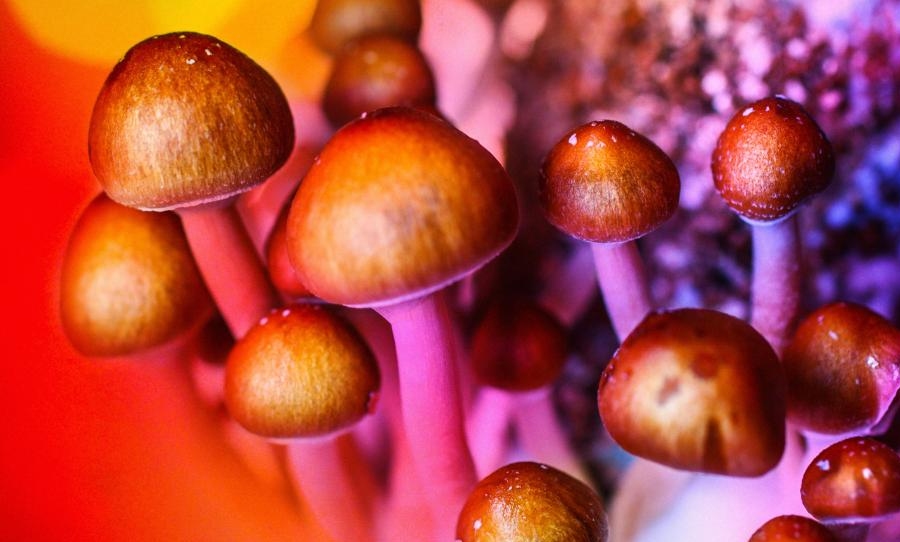The largest-ever trial on the effects of psilocybin (found in magic mushrooms) on depression has yielded very “promising” results.
The pharmaceutical company behind the psilocybin/magic mushrooms study, London-based Compass Pathways, issued a statement to their website announcing their findings.
“Largest randomised, controlled, double-blind psilocybin therapy study ever completed shows rapid and sustained response for patients receiving a single dose of COMP360 psilocybin with psychological support,” the statement reads.

233 participants who suffer from treatment-resistant depression (TRD) were sourced from ten countries across Europe and North America.
Before the study began, researchers used the Montgomery-Asberg Depression Rating Scale (MADRS) “to evaluate the participants’ symptoms before treatment and then three weeks afterward”.
The scale allows psychologists to measure the severity of an individual’s depression based on ten levels including “apparent sadness, reported sadness” and more.
That’s because they expand the mind rather than numbing it. https://t.co/VbpFhQILOw
— Marianne Williamson (@marwilliamson) November 9, 2021
According to Forbes, participants were required to stop taking their antidepressants before the study began. They were split into three groups where each one would receive “a single dose” of psilocybin. None of the people involved in the study were told which group they fell into.
Each group was given a different dosage as follows:
- 79 participants were assigned 25 milligrams
- 75 participants were assigned 10 milligrams
- 79 participants were assigned 1 milligram (to act as a placebo)
After the medications were administered, Forbes states that “twenty-nine patients, or 36.7%, who took the 25mg dose showed a 50% or more reduction in [depressive] symptoms in three weeks after the single dose and again at three months, compared with the patients who took the placebo”.
“Nineteen patients, or 24.1%, who took the highest dose were still in remission three months later, compared with 17.7% after three weeks and 10.1% after three months in the 1mg group,” their article reads.
The majority of people who participated in the study only experienced “mild or moderate” adverse effects. According to Compass’ statement, 179 people were found to have suffered from “at least one” side effect including “headache, nausea, fatigue … [or] insomnia”.
12 patients experienced extreme, life-threatening side effects, with researchers discovering these outcomes were more common amongst those who took the highest dose.
This is worth further research. Every person is different, and therefore will not respond in the same way to treatment or therapy.
— Isaac Sylvester (@asagumo71) November 15, 2021
Despite the serious side effects, the results showed that the largest dose of psilocybin, when combined with therapy, was the most effective treatment for TRD.
“I would call the results groundbreaking … If you look at the data, it is obvious that this drug is working,” said Charles Duncan, an analyst from Cantor Fitzgerald (a finances firm), when looking over Compass.

Likewise, Compass’ CEO and co-founder, George Goldsmith, also expressed his excitement about the future of psilocybin in the treatment of mental health.
“We set out to explore the safety and efficacy of COMP360 psilocybin therapy in treatment-resistant depression, through a rigorous and large-scale trial, and to find an appropriate dose to take to the next stage. I am delighted that we have succeeded in doing this,” Goldsmith said in the company’s statement.
Compass concluded their announcement with a promise of “urgently progress[ing]” their “clinical development programme”.



